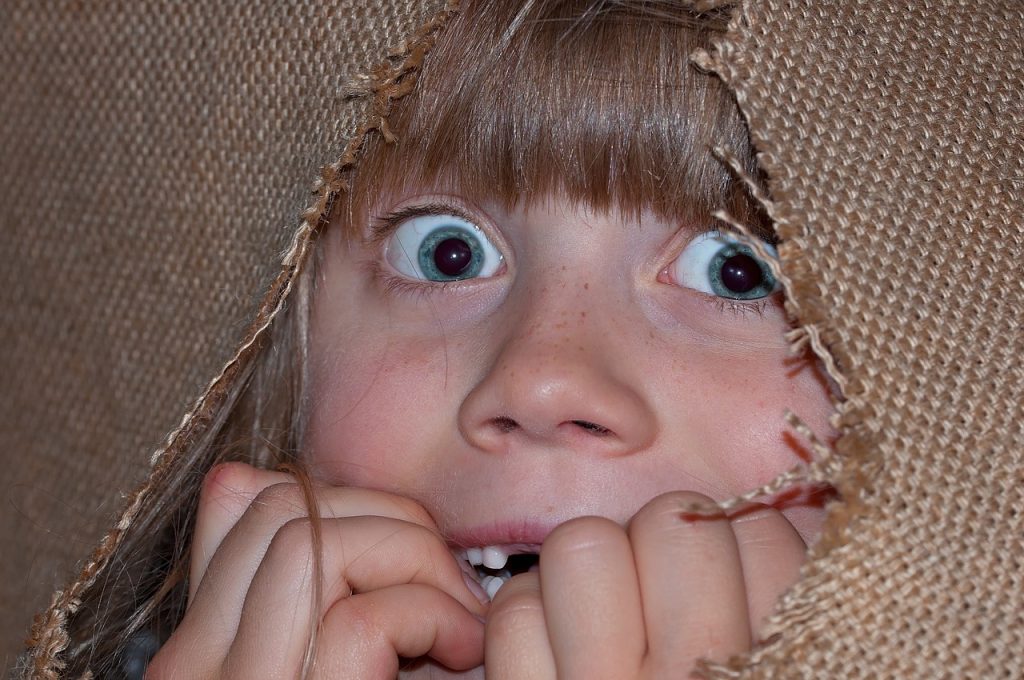Nightmares are common in both children and adults, but they affect children very differently.
Adults can understand upon waking that the nightmare wasn’t real, but this isn’t so easy for young children, as the fear they feel during a nightmare can overwhelm rational thought when they wake.
That’s why we’ve put together some advice to help you support your child whenever a nightmare occurs.
As you may already know, nightmares occur in the second half of sleep (REM sleep) which typically takes place in the early hours of the morning and is often referred to as ‘brain sleep’; the brain is extremely active during REM, but the body is so inactive it’s almost paralyzed, with only the eyes moving rapidly behind closed eyelids.
Nightmares are very common for children aged between 3 and 6 years old but they aren’t restricted to this age range and can occur in children both younger and older than this. This is the time when your child’s imagination moves into overdrive, you may notice changes such as imaginary friends, a sudden fear of the dark and monsters under the bed.
Sadly, nightmares can be fuelled by the smallest of things to enter your child’s subconscious during the day such as something they see on tv, read about or even things they hear from other children. Things that were once innocent can take on new, fearful meanings whilst a child is asleep.
When children wake from nightmares they will be frightened, and confused, sometimes not knowing where they are or what’s real and they need comfort to regain that feeling of being safe.
To help your child deal with their nightmares you can help by:
- Asking about the nightmare and listening as your child explains what it was that frightened them. Don’t dismiss their fears, instead reassure them.
- Pay closer attention to books, games, television, and films that could be frightening your child.
- Try not to talk about fears at bedtime. Instead, discussing fears in the daytime, in daylight can help your child to feel safe and protected.
- Try not to allow your child to sleep in your bed as this can be a very difficult habit to break. Encourage your child to sleep in their own bed, even if it means you have to provide a night-light, a security blanket/toy, or just sit with them until they fall asleep.
The most important thing to remember is that when waking from a nightmare your child needs love and comfort to help them feel safe again.

